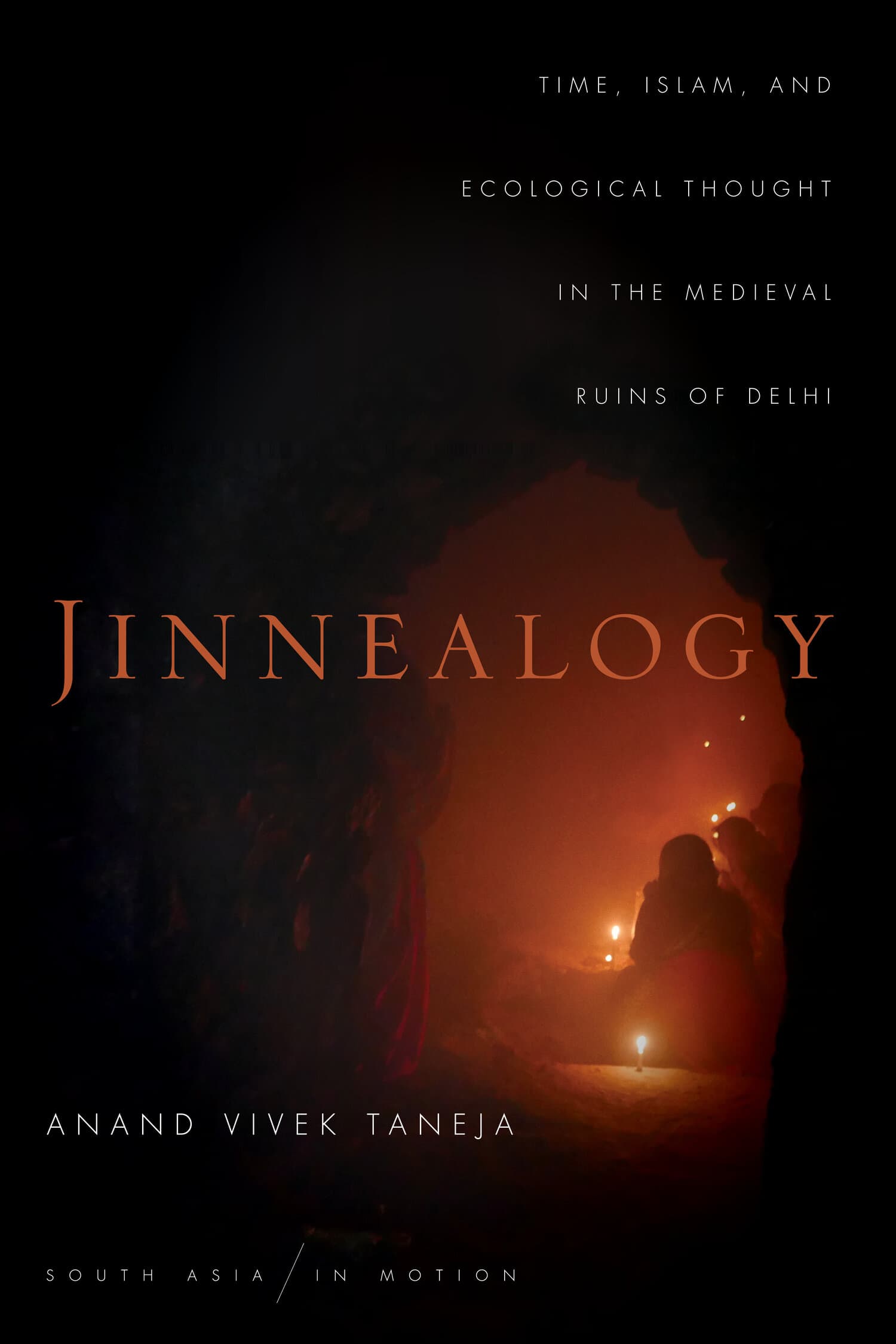The Right to Be Counted

In the last 30 years, Delhi, the capital of India, has displaced over 1.5 million poor people. Resettlement and welfare services are available—but exclusively so, as the city deems much of the population ineligible for civic benefits. The Right to Be Counted examines how Delhi's urban poor, in an effort to gain visibility from the local state, incrementally stake their claims to a house and life in the city. Contributing to debates about the contradictions of state governmentality and the citizenship projects of the poor in Delhi, this book explores social suffering, logistics, and the logic of political mobilizations that emanate from processes of displacement and resettlement. Sanjeev Routray draws upon fieldwork conducted in various low-income neighborhoods throughout the 2010s to describe the process of claims-making as an attempt by the political community of the poor to assert its existence and numerical strength, and demonstrates how this struggle to be counted constitutes the systematic, protracted, and incremental political process by which the poor claim their substantive entitlements and become entrenched in the city. Analyzing various social, political, and economic relationships, as well as kinship networks and solidarity linkages across the political and social spectrum, this book traces the ways the poor work to gain a foothold in Delhi and establish agency for themselves.
"This is a 'how things work' book of top quality. With deep, analytical, thoughtful scholarship, Routray provides one of the clearest and most accessible accounts of how the poor fight to make a home in Delhi."—Durba Chattaraj, Ashoka University
"Routray offers an impressive and authoritative account that displays a remarkable ability to synthesize interdisciplinary ideas from across disciplines and geographies, while always building his theorizing from a deep commitment to a historically informed ethnography. I learned so much about the relationship between housing, politics and citizenship in Delhi, and beyond. I am sure this text will resonate well beyond its origins."—Ryan Powell, Housing Studies
"Routray's book highlights how the logics of planning are employed not only by the powerful to suit the interests of global city making but also by marginalized communities to resist processes of uprooting and work to secure the rights of urban citizenship. The author navigates the difficult task of arguing for the agency of Delhi's urban poor while documenting the profound injustice and suffering they endure in the process."—Shoshana Goldstein, Journal of the American Planning Association
"[The Right to be Counted] is a fine-grained ethnography of the politics of the poor in Delhi, and it deserves commendation."—Diya Mehra, Contributions to Indian Sociology
"The Right to be Counted is an ethnographic masterpiece on how politics 'actually' works in Delhi's informal settlements. Sanjeev Routray's analysis and arguments skillfully cover the multi-scalar and relational practices, agents, and sites that shape and realise citizenship for residents of these settlements."—Naomi Hazarika, Journal of Contemporary Asia
"The Right to Be Counted: The Urban Poor and The Politics of Resettlement in Delhi by Sanjeev Routray offers a compelling analysis of citizenship struggles of the urban poor in contemporary times."—Paroj Banerjee, Society and Space




